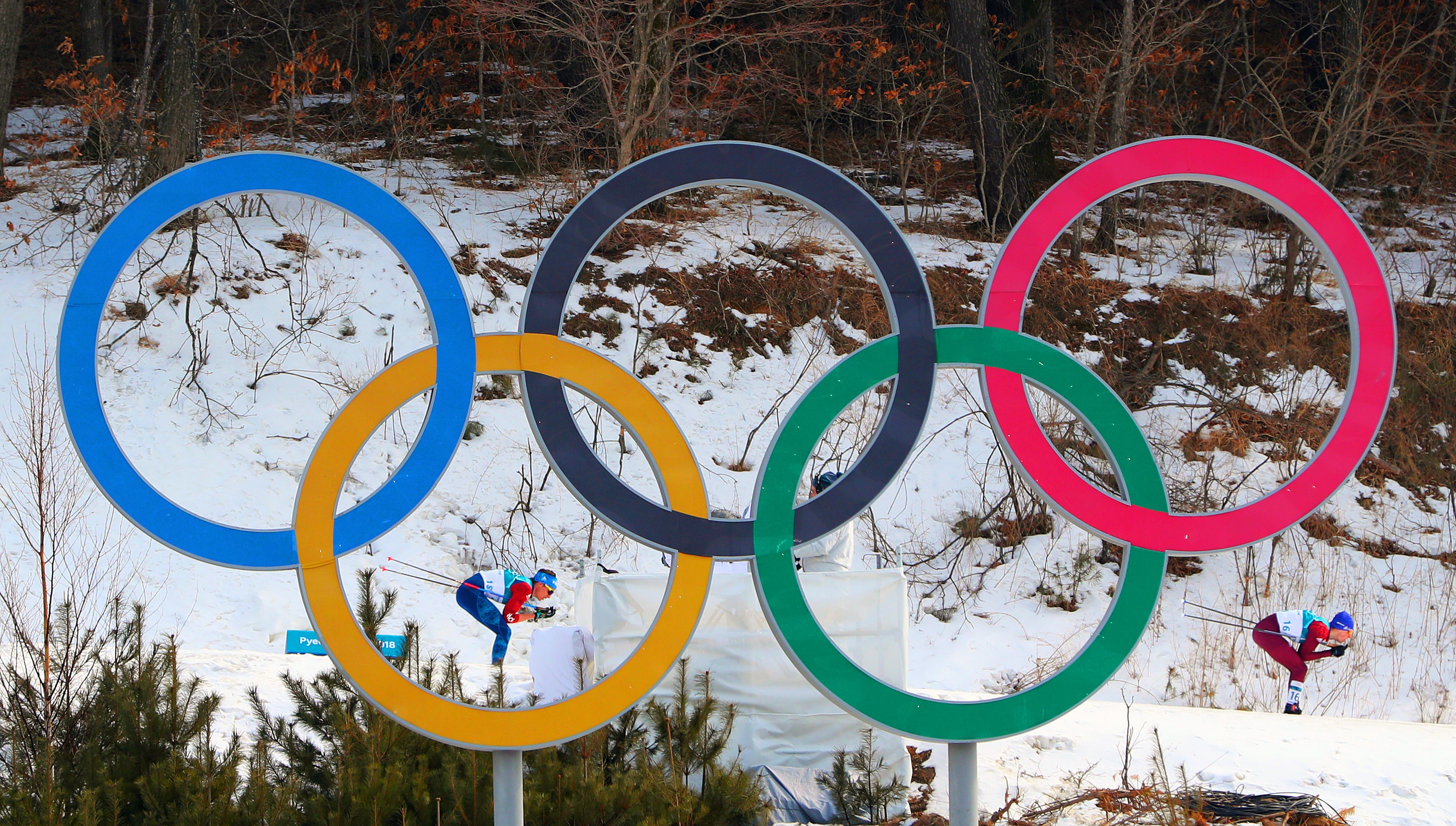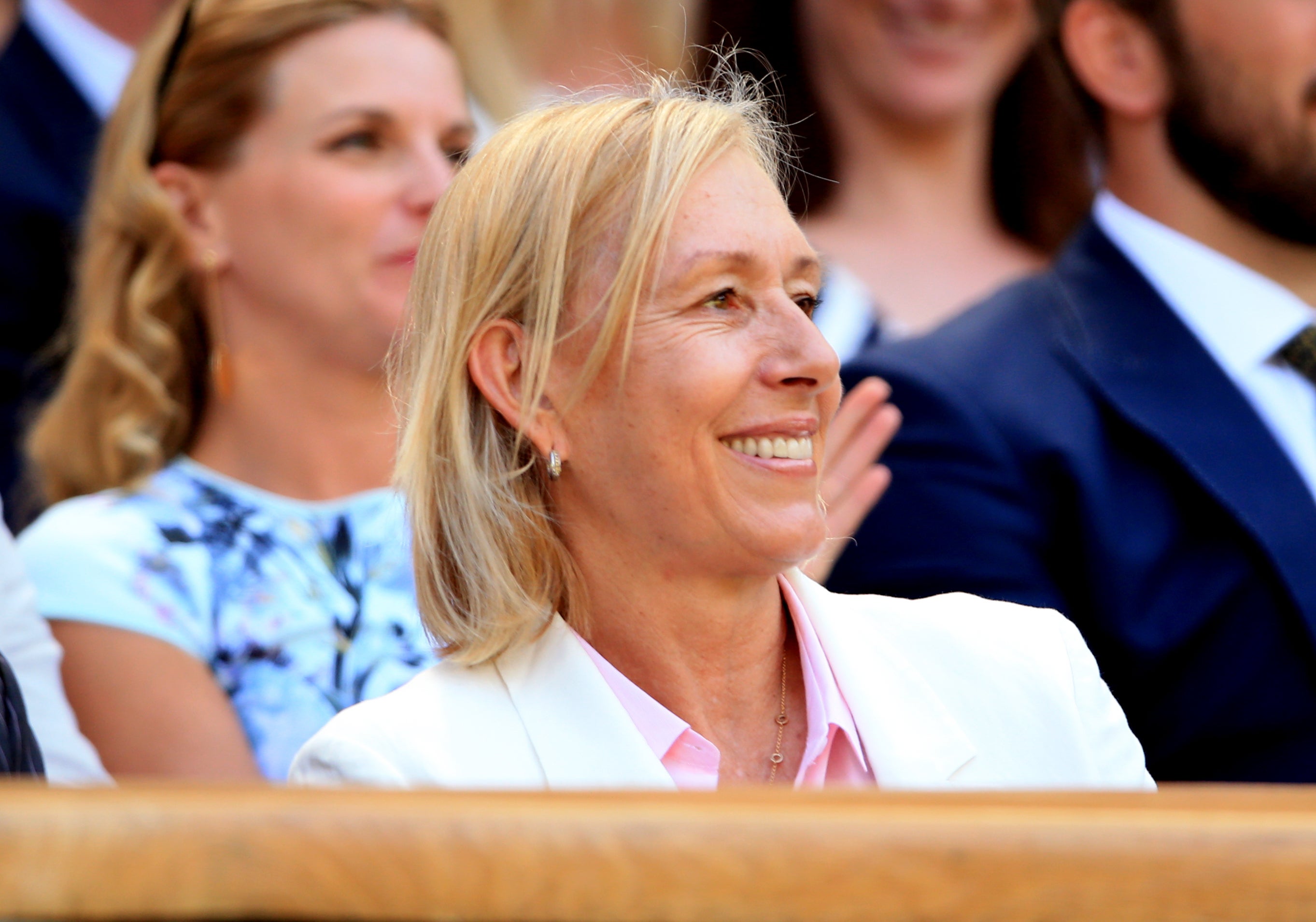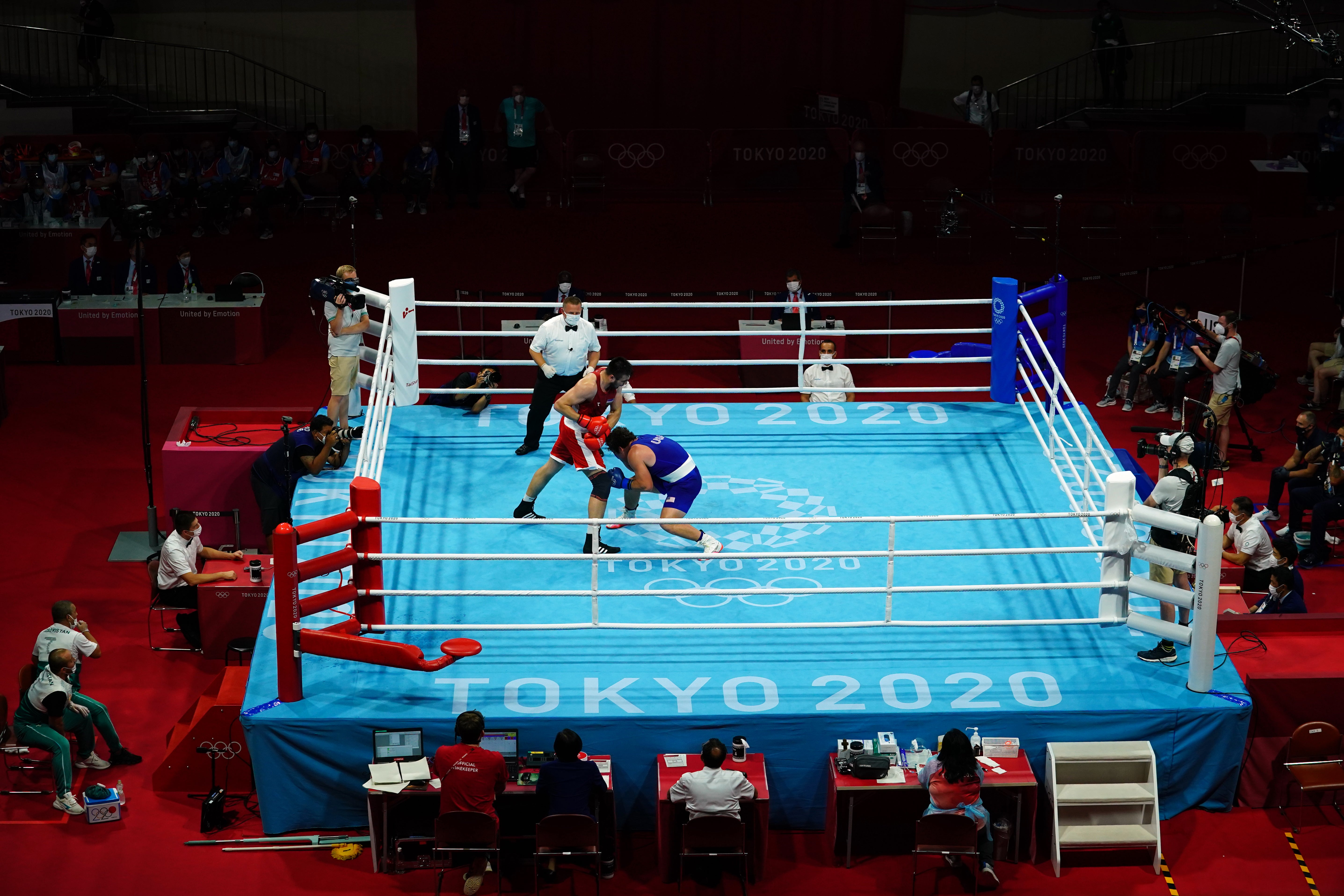IOC defends decision to allow sports to form own transgender policies
Swimming has banned transgender athletes from male and female competitions, while other sports have different policies on the issue.

Your support helps us to tell the story
From reproductive rights to climate change to Big Tech, The Independent is on the ground when the story is developing. Whether it's investigating the financials of Elon Musk's pro-Trump PAC or producing our latest documentary, 'The A Word', which shines a light on the American women fighting for reproductive rights, we know how important it is to parse out the facts from the messaging.
At such a critical moment in US history, we need reporters on the ground. Your donation allows us to keep sending journalists to speak to both sides of the story.
The Independent is trusted by Americans across the entire political spectrum. And unlike many other quality news outlets, we choose not to lock Americans out of our reporting and analysis with paywalls. We believe quality journalism should be available to everyone, paid for by those who can afford it.
Your support makes all the difference.The International Olympic Committee has defended its stance on allowing individual sports to form transgender policies after Martina Navratilova accused them of passing the buck on the issue.
Tennis great Navratilova, a gay rights advocate, told The Australian newspaper that the IOC has “completely punted” on the transgender issue as sporting federations review their eligibility rules.
Swimming’s world governing body FINA has banned transgender athletes from male and female competitions, and World Athletics president Lord Coe has given a strong indication that his sport could follow suit.
The International Tennis Federation, however, currently allows athletes transitioning from male to female to compete in female events provided they have recorded sufficiently low testosterone levels for at least 12 months.
To compete in male events, female-to-male athletes must provide a written and signed declaration of their gender identity.
Navratilova has questioned the IOC’s decision to leave it to individual federations to resolve, calling the situation “impossible”.

IOC spokesperson Mark Adams said at a press conference: “We have to try to balance fairness and inclusivity, and ultimately it’s a very difficult situation to deal with.
“But what we are clear about is that each sport should – and does – know best. Not only by sport but by disciplines, where there is or isn’t an advantage.
“At this stage that’s why we have a framework, to allow those sports to decide and come up with those plans.
We can not come forward with one short rule that fits everybody
“That will take some time and we have to see what comes forward. It has to be the only solution going forward.
“We can not come forward with one short rule that fits everybody. It has to be by sport, and even by discipline.
“We accept there will be criticism. That’s inevitable. But we’ll do our best to balance fairness and inclusivity as far as we can in elite sports.”
The IOC also confirmed on Friday that the qualifying events and boxing competitions for the 2024 Paris Olympics will not be run under the authority of the International Boxing Association.

This follows concerns over the IBA’s governance, financial stability and sustainability, as well as its refereeing and judging system.
Whether or not boxing will be included at Los Angeles Olympics in 2028 will be discussed at a later stage.
IOC sports director Kit McConnell said: “We are just over six months out from the start of the qualification, and there’s still a huge amount of uncertainty for the athletes, as to how and when they qualify for Paris.
“The IOC executive board felt enough was enough and, on an exceptional basis, alternative models will be found for these boxing competitions.
“These will work with the organising committee of Paris 2024 and with athletes’ representatives, and these models will be put in place and presented to the IOC executive board.”
The IOC noted that Milano Cortina 2026 will include a record number of women’s events and be the most gender-balanced Winter Olympics to date, with 47 per cent female participation.
Eight new events have been added to the programme, including three in the new Olympic sport of ski mountaineering – men’s sprint, women’s sprint and mixed relay.
Bobsleigh will welcome a skeleton mixed team event, while luge and skiing will also see the introduction of new competitions.
Join our commenting forum
Join thought-provoking conversations, follow other Independent readers and see their replies
Comments